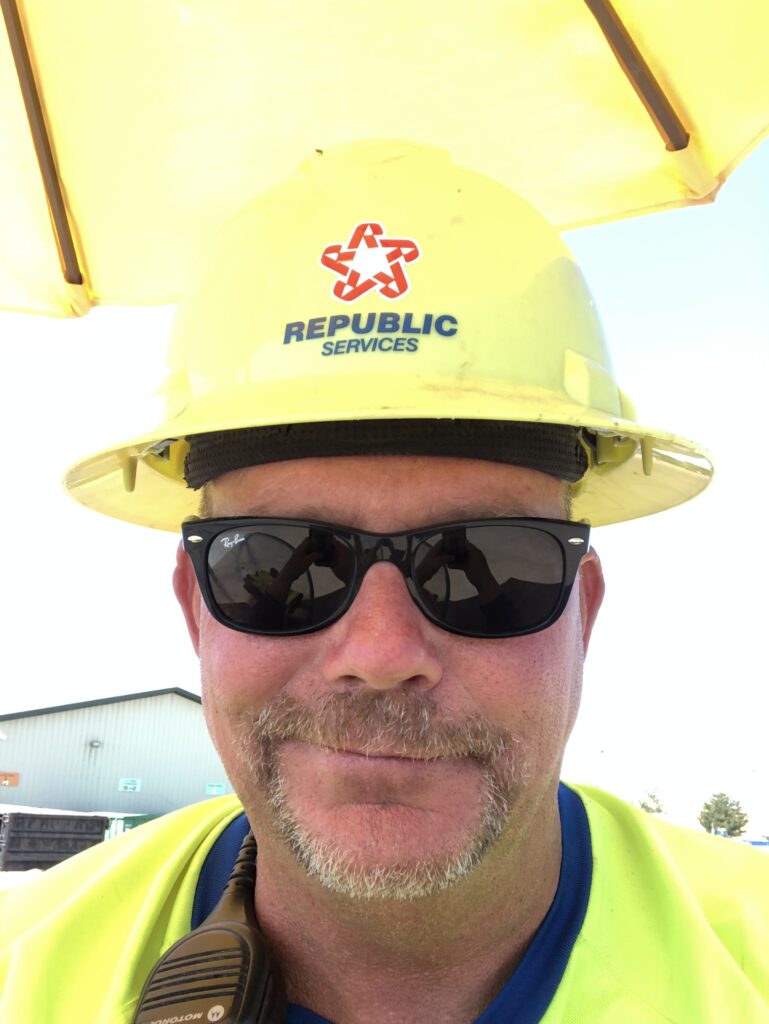
Word on the Street Issue 19, February 2022
Joel Gilmer is busy these days. When he’s not working, he’s organizing ice cream parties for Interfaith Sanctuary’s daytime programs, doing service work at the hotel shelter, taking guests on trips to pick up groceries, hosting recovery and alumni groups, and more.
He only takes a break on Sundays. Service work keeps Gilmer connected to a community that holds him accountable in his recovery. He’s a fixture at Interfaith Sanctuary and makes himself available to talk with anyone in need of support. His busy schedule helps him stay grateful and attuned to the beauty of the little things in life.
“I had a guy teach me that if you’re in your head, it doesn’t matter if you’re right, wrong, have been treated unfairly, got a bad check or whatever – go do something for someone else, immediately. It doesn’t matter what it is – getting a cup of coffee, giving someone a ride to the shop, or wishing someone a good day. It will get you out of thinking about how messed up your position in life is.”
Gilmer has been dealing with recovery since 1997 and his journey has given him great insight into what motivates addiction and recovery. The very first support group he joined while in Las Vegas wasn’t a good fit but he said there were other opportunities that helped him along the way. In Idaho, the first program he entered didn’t work out. “I got kicked out. I couldn’t walk their perfect line and follow the rules,” he said.
“It was like don’t do anything wrong and we’re going to give you recovery. They don’t understand that you can’t scare a heroin addict or an alcoholic with hell. We’ve already been there.”
Gilmer said he’s done drinking out of hurt and anger. In his previous life as a truck driver he had contracts with major brands like Ocean Spray to haul products across the United States. He arrived in Idaho following a trucking accident, where a misunderstanding about who was at fault and Gilmer’s subsequent frustration helped fuel a relapse.
“I couldn’t believe what had happened. I was really distraught that no one believed me. The worst thing an alcoholic can do is beat himself up after he’s been treated unfairly, right? It’s always about navigating through an unfair system because well, it isn’t fair, so I’ll just kill myself with booze, which doesn’t make any sense,” Gilmer said.
“That’s my truth for you. No more beating me up, I do me, I’m happy with me, and I celebrate my victories the best I can. And I’m looking to make more.”
Everybody should be able to get recovery, whoever you are, whatever it is, he said. “We ought to be able to coexist and learn from that because the recovery itself is what is important. And as people get clean and they start to find themselves, they can decide what they want to be.”
For his next service project, Gilmer is interested in helping people navigate becoming licensed drivers one step at a time. His vehicle was a gift, given to him at a good price following the death of a dear friend. Before she passed, she called him and told him, “You take care of that car and it will take care of you.”
Now, he pays it forward. Helping people overcome barriers to being licensed drivers can “open up doors in the workplace,” he said.
Gilmer works full-time at Republic Services, where he aims to use his still-active CDL to drive garbage trucks across the area. As he works toward his own goals, his advice for others searching for recovery is to never give up. “Life is good; the sunshine is good. Look at the little things and be grateful for them. Be thankful for people. Reach out no matter how bad you’re hurting inside. There’s always a little love out there you can find.”
